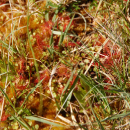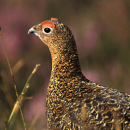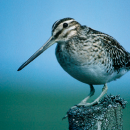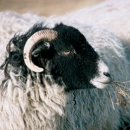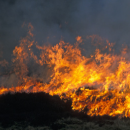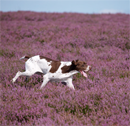9th August 2015
SOME of the worst breeding conditions in living memory are set to hit 2015’s grouse shooting season with predictions that around 40 percent of days will be lost across the board.
Prolonged extreme weather conditions have affected all our wildlife, says Robert Benson, chairman of The Moorland Association, whose members manage one million acres of England’s uplands.
He explained: “There are isolated areas where things are not quite so bad, but we are looking at many cancelled days. Reports indicate that there may be little shooting in the Peak District, or on the higher wetter moors in Cumbria.
“However, parts of the North Pennines are faring much better, as are sections of the Yorkshire Dales, South Pennines and the North York Moors. The situation elsewhere is not good at all.
“In general, the further east and the lower and drier the land, the more promising it looks. It’s impossible to predict at this stage, but it looks as though the worst hit may be down by as much as 70 percent with 30 percent being a realistic figure for many.”
He said the gloomy prospects would have a knock-on effect on local communities who relied on income generated from grouse shooting, but vital moorland regeneration and conservation work would carry on regardless.
Grouse moor management creates 42,500 work days a year and is responsible for over 1,500 jobs. Following a good breeding season associated spin-offs from shooting are worth in excess of £15 million, benefitting a raft of rural businesses.
Mr Benson added: “Owners and managers are passionate about these beautiful, protected and fragile upland areas, spending £52.5 million a year on their upkeep, even when there is little or no shooting.
“Keeper staff are employed all year round, irrespective of the season, but there will be a large loss of work for those who help on a casual basis. Up to 50 people a day are brought in on the bigger moors. Local businesses will also be hit by cancellations, the hospitality industry in particular.”
Late spring snow, extensive frosts, persistent low temperatures and heavy rainfall plagued the crucial nesting and hatching period from May through to July, affecting all moorland ground nesting birds.
A severe hail storm, causing damage to cars and houses, swept some moorland areas on July 1 which may well have killed large numbers of curlew, lapwing, golden plover and grouse chicks in a few short hours, said Mr Benson.
He added: “Some of the older keepers on the higher western moors are saying they have never seen such lengthy and adverse conditions. Wild, red grouse have had a particularly lean time.
“Heather has been very late to green-up, leaving pre-nesting grouse in poor condition. There was also a lack of cotton grass seed heads for hens – it appeared two months too late. Added to that, virtually no insect life for newly hatched chicks denied them vital early protein.
“Red grouse are wild birds and extremely vulnerable to the vagaries of weather. Each year estates assess nesting stock and then carry out pre-season July counts. If there is no surplus to harvest, shooting will be cancelled.”
Mr Benson said that there would be some good days, but while shooting usually stopped well before the official season end in December, for many this year it might be much earlier.


